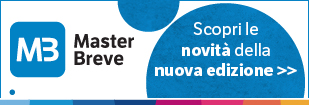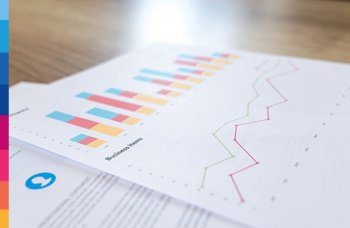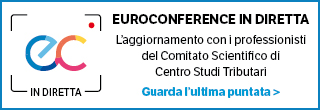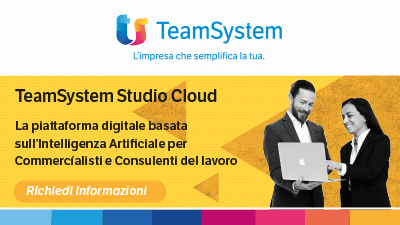If you want a better sense of what the news means for small business owners, here are the basics: The framework is intended to provide a simpler way to create financial statements for small businesses. It’s not designed to help small businesses file taxes; rather, it gives management and other interested parties, such as banks or potential investors, a better way to describe a company’s finances. Better how? According to AICPA Director Bob Durak, better means a simpler and more cost-effective approach than the framework used by public companies, with greater certainty and consistency than the accounting practices many small businesses currently use.
What’s the purpose of creating the new framework? What does it do?
BD: The goal is to produce more reliable financial statements—for business owners and for their lenders. Right now the main non-GAAP[2] reporting options are the tax basis and the cash basis of accounting. We developed this framework which is more comprehensive than the other two and which has the ability to be more consistently applied.
The framework includes guidance on most relevant topics that a typical small business would encounter. We set down what the underlying concepts and principles are. There’s nothing like that in cash or tax basis accounting—no set framework or guiding document. If small business A and small business B are using the new framework, I can feel assured that there’s consistency in their financial statements.
“Small and medium-size entities” is a loosely defined category. What kinds of companies did you create the new framework for?
BD: The AICPA didn’t create a definition of small business based on total assets or revenue. We listed characteristics [that] a good candidate for the framework would possess. First off: entities that don’t require GAAP-based reports or financial statements. Typically, that means a private, for-profit company, usually one that’s owner-managed. Next: The people who use their financial statements—a banker, for instance—are people with access to management; they can pick up the phone or write an e-mail and reach management.
Who isn’t the framework for?
It’s probably not for industries with highly specialized accounting needs: financial institutions or government entities. It’s not intended for nonprofits, either. It’s not for companies looking to go public[3] in the near term. There’s a certain [number] of companies that don’t need financial statements. If all you need is tax returns, and that works fine, stick with that.
http://www.businessweek.com/articles/2013-06-12/should-small-businesses-adopt-new-accounting-standards
COMPREHENSION QUESTIONS
- What does AIPCA’s FRF for SME’s stand for?
- Complete the list of the main purposes of the AIPCA’s FRF for SME’s
i ___________ statements;
ii better way to describe a __________ _____________;
iii more _________ ____________;
iv greater certainty and _____________.
3. Who are the principal users of these statements?
4. What are the limits of tax basis and cash accounting?
5. For the purposes of the framework, SMEs must have one key feature. What is it?
6. Which entities are not targeted as potential users of the framework?
ANSWERS
- American Institute of Certified Public Accountants’ Financial Reporting Framework for Small and Medium-sized enterprises
- (i) simpler (ii) company’s finances (iii) cost-effective (iv) consistency
- owners and lenders
- They are not comprehensive and do have underlying concepts and principles
- An entity that does not require a GAAP-based report or statements
- financial institutions, companies intending to go public, non profoit organisations
[1] Espressione informale ‘gente’
[2] ‘Generally Accepted Accounting Principles’; qui principi contabili nazionali americani
[3] Una società che intende quotarsi in borsa





















